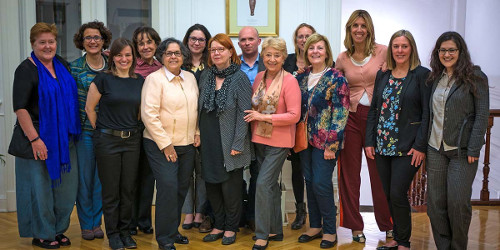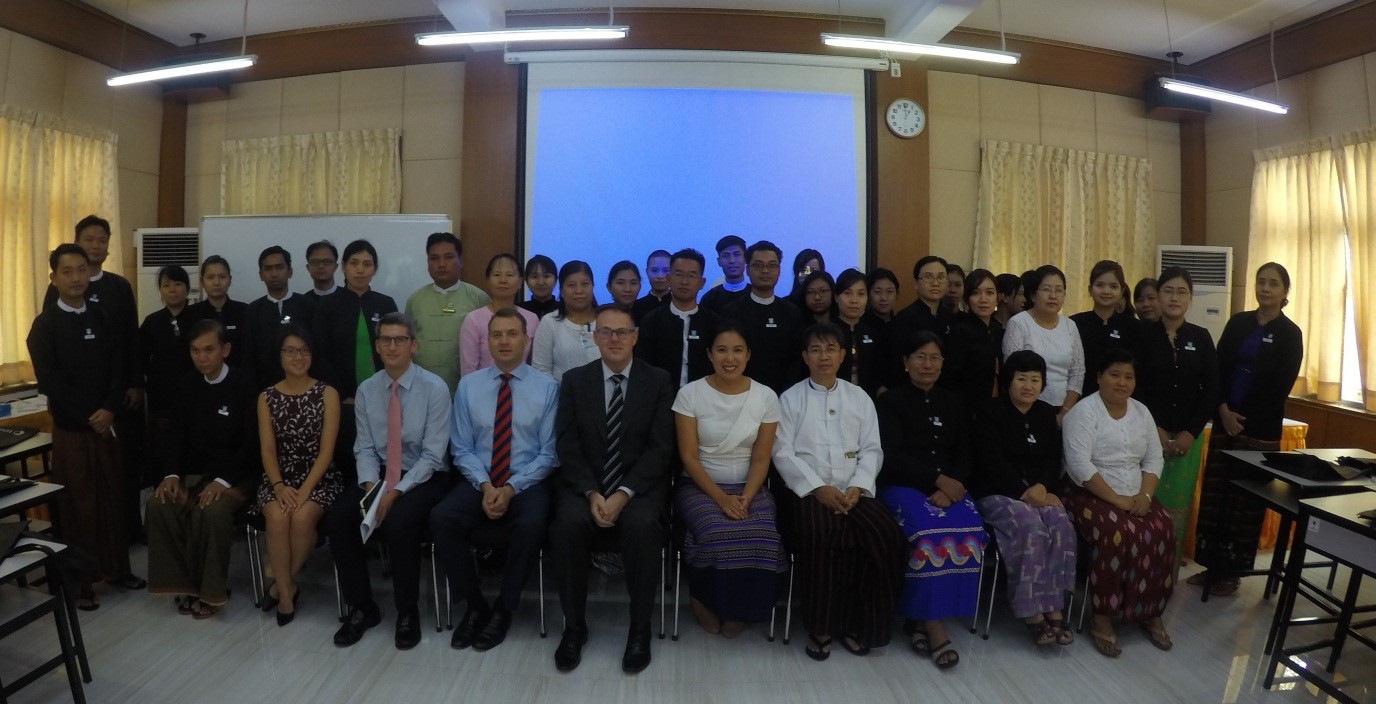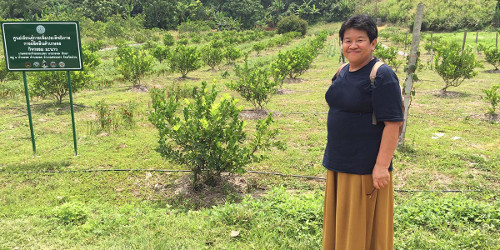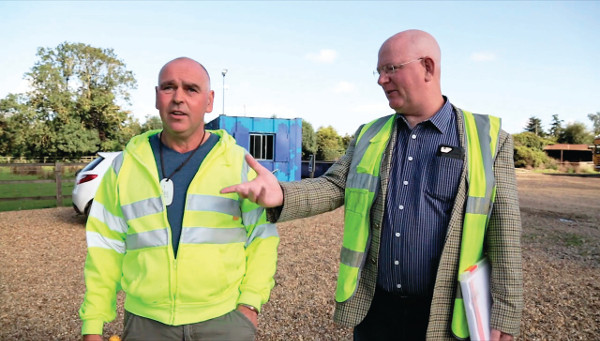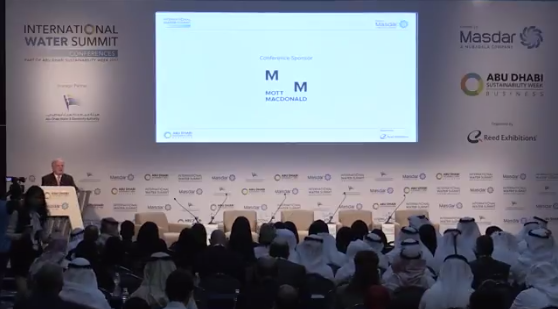The Elsevier Foundation
LexisNexis Asia Pacific, 8 June 2017
6 June 2017
Elsevier Connect, 2 June 2017
2 June 2017
Elsevier Foundation, June 2017
WFES Article, 20th January 2017
The 10th edition of the World Future Energy Summit (WFES) had strong growth in commercial activity surrounding the event and the number of hosted business meetings surging by more than 60 per cent.
Hosted by Masdar as part of Abu Dhabi Sustainability Week, WFES aims to promote the business case for industries involved in sustainable energy, water, and waste management. Organisers say the rapid acceleration in the renewable energy market across the MENA and South Asian market has had a clear impact on business at the event.
International Water Summit 2017, 16-19 January 2017
News, 16 May 2017
LexisNexis Risk Soluions, 16 May 2017
